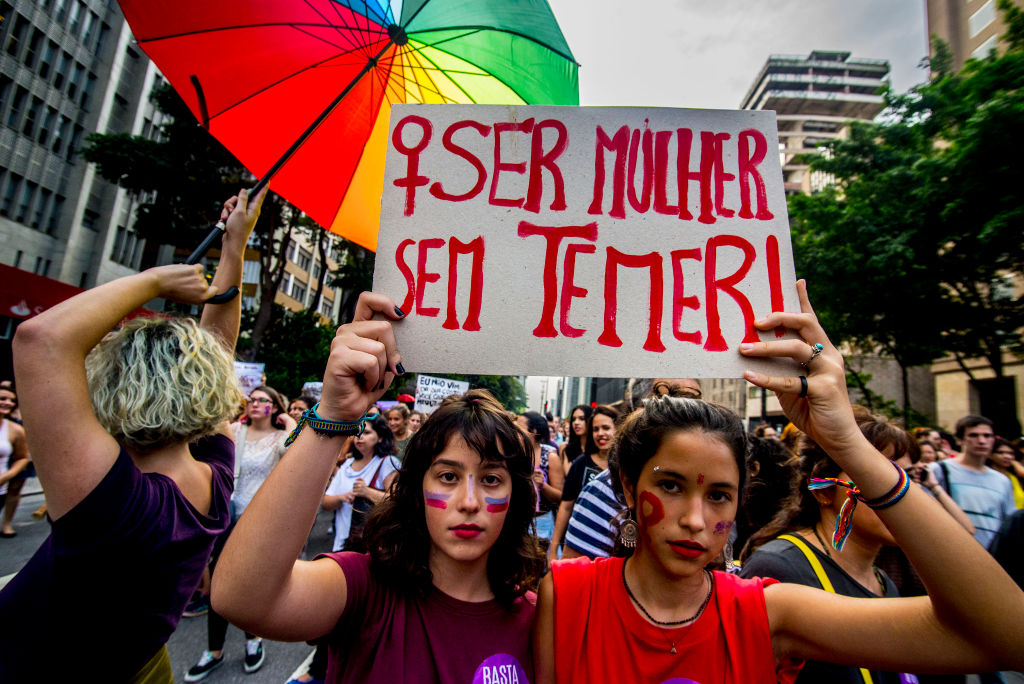Latin American Equality: Free Markets or a Left-Wing Success?
Latin American Equality: Free Markets or a Left-Wing Success?
AS/COA’s Christopher Sabatini points out that while Latin America’s rising middle class has narrowed the inequality gap in many countries, a fragile middle class may slip back into poverty if more sustainable measures are not addressed.
HAVANA, Cuba — Latin America has long been a case study in the social ills brought by sharp economic inequality, its class-stratified societies marked by too few haves and too many have-nots.
But even as income divisions widen across the United States and much of the developing world, they are narrowing in Latin America. Poverty in the region is at its lowest point in decades, according to several new reports, and millions are moving upward into the middle class.
A World Bank survey released this month said Latin America’s broadening middle grew by 50 percent between 2003 and 2009.
It was followed by a new United Nations regional economic study showing the percentage of Latin Americans living in poverty at the lowest level in 30 years.
Now the question is: Who gets credit for these trends?
The region’s improved economic outlook has coincided with the rule of left-wing governments in some of Latin America’s biggest economies: Brazil, Argentina and Venezuela. They have devoted a greater share of their national resources to anti-poverty programs and development projects, boosting social spending.
Yet the drop in poverty has also come as Latin governments adopt many of the market-driven policy prescriptions long vilified by the left as “neoliberalism….”
Much of the emerging middle class has a slippery foothold and could easily slide back down, said Christopher Sabatini, senior director of policy at the Council of the Americans and the editor of Americas Quarterly journal, which dedicated its fall issue to the trend.
“Access to formal jobs remains an obstacle to stable social mobility,” he said.
Sabatini added that Latin America’s tenuous middle class also needs new innovations in social policy that look beyond welfare programs for the poor. What’s lacking, he said, are “more formal social safety nets such as unemployment insurance that can provide more universal coverage, and insurance against sliding back into poverty….”
Please click here to read the full article.







